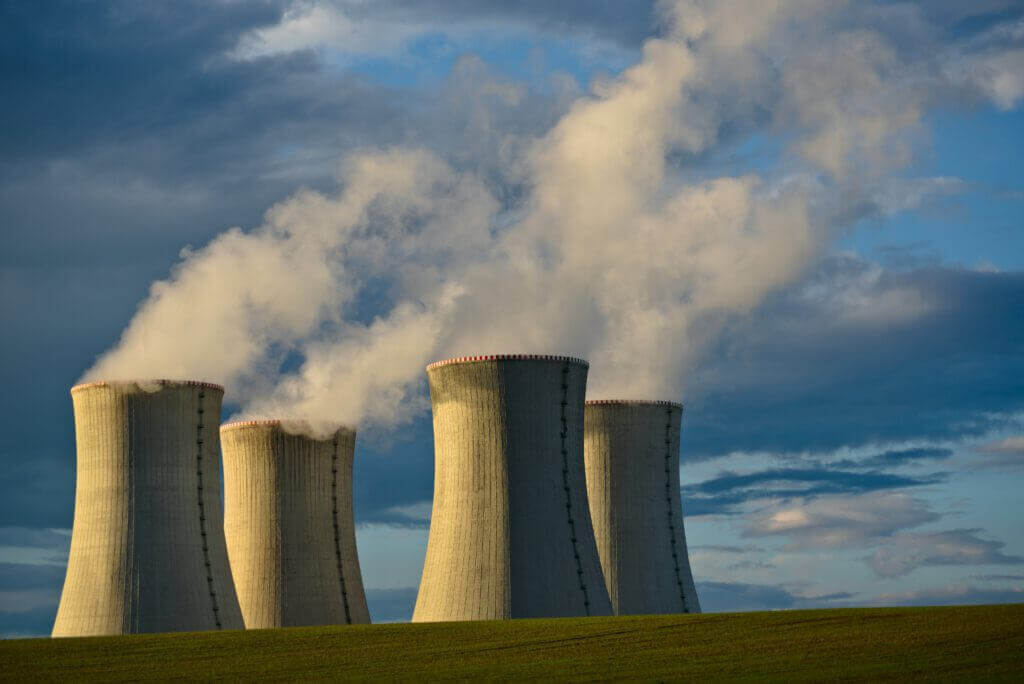
The American Nobel Prize winner for economics Joseph Stiglitz has called for pragmatic measures in the energy crisis. He gives sound reasons for his stance in favor of unorthodox action.
On the fringes of a conference the American Nobel Prize winner for economics, Joseph Stiglitz, called for pragmatic action to be taken at long last in the energy crisis. He said Germany, for example, must mobilize all its reserves to avert supply bottlenecks:
“Now is not the time for half-hearted measures,” he said in an interview with the German newspaper WELT on Thursday on the sidelines of the Nobel Laureate Conference in Lindau. Investing billions in energy alternatives is not enough, he added. In the short term, he said, Germany must also abandon its reservations about nuclear power and fracking technology.
Sensible thing to do
“The good thing about fracking is that it’s a short-term measure that you can set up and just as quickly stop,” Stiglitz also said. Nuclear energy is another option, he added.
“I’m not a fan of this technology, but if you can keep nuclear power plants running longer or even bring back the ones that have been shut down and still ensure safety, then it makes perfect sense to do that now,” the Nobel laureate stressed.
At the same time, however, the top economist also advocated stepping up the pace on alternative energy. Countries should use all the solar panels they can muster and fire up all the wind turbines they have, the 79-year-old continued.
Warnings petered out
Stiglitz is one of the top economists whose voice carries weight worldwide. As early as 2006, he warned that it would be foolish to rely as heavily as Germany has on gas from Russia because Russia was not a reliable partner.
In 2001 he received the highest economic award for his analysis of markets. This makes his accusation that the energy market is failing all the more serious. “It is good when governments help to stabilize prices through lower taxes or other measures,” said the economics professor.
After all, Stiglitz stressed, private individuals cannot insure themselves against higher energy prices. If there were insurance, consumers could be told that it was their fault if they had not taken out insurance. So it must be the task of the state to replace the insurer and ensure more stable prices, he said.
State as an owner
On the other hand, he is critical of a state bailout of companies that are on the verge of going out of business because of high energy prices. “I’m actually against bailing out companies that haven’t made adequate provision for problems that were actually obvious,” Stiglitz said.
“But, if you’re going to do bailouts then the government should also get shares to be there when times get better,” the economics professor warned the paper.
Aug. 25, 2022/kut./ena.




